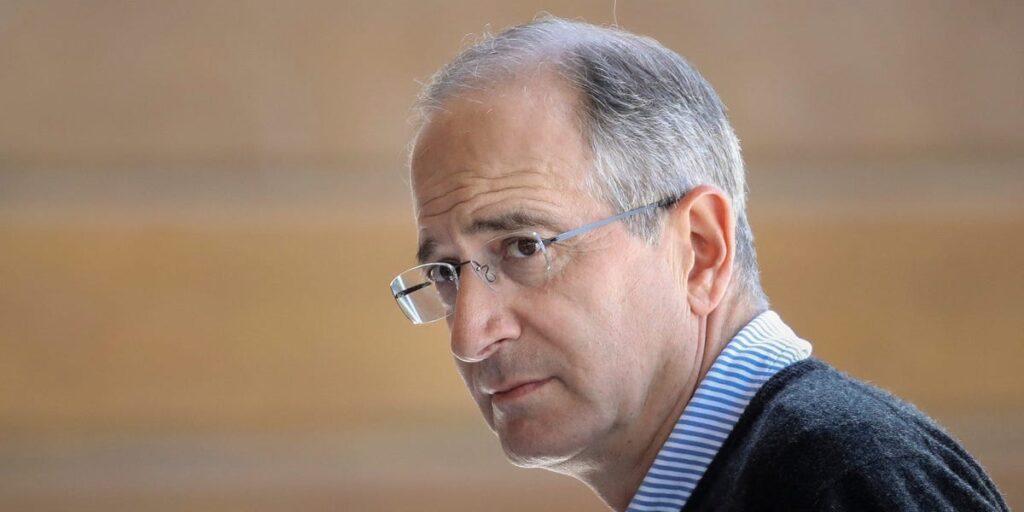- Cable networks used to be incredibly valuable. But in the streaming and cord-cutting era, they are in decline.
- That’s why Comcast is ditching almost all of its cable networks into a new, stand-alone company.
- It would like to convince other cable TV owners to join in.
One of the country’s biggest cable TV companies doesn’t want its cable networks anymore. Would you like them?
That’s the pitch Comcast is making Wednesday as it announces plans to split off almost all of its cable TV networks into a new company. It’s the same pitch Comcast floated as a possibility back in October, and most of the details are the same.
Comcast will spin off a new, publicly traded company, owned by its existing shareholders. Into the spinco goes every cable network Comcast owns except for Bravo. That means networks like CNBC, MSNBC, USA, along with a few digital assets, including its Fandango movie ticket service.
Comcast will hang on to the rest of its media business, including its NBC broadcast network, Peacock streaming service, Universal film and TV studio, and Universal theme parks business. And, Bravo. (Can’t wait for someone smart to explain why Comcast is so attached to Bravo. Maybe it’s as simple as “Real Housewives?”)
For the record: Comcast says it thinks the cable networks it is ditching can be successful on their own. The new company “will be ideally positioned for success and highly attractive to investors, content creators, distributors and potential partners,” CEO Brian Roberts said in a statement. That “partners” reference is important — Comcast has also floated the idea of folding in other companies’ cable networks into the spinoff, which would theoretically give it more heft and negotiating power with advertisers and pay TV distributors.
But in the end, this is essentially a garage sale: Maybe someone else will want this stuff. But if Comcast wanted it, they wouldn’t be getting rid of it.
And as I said last month: Comcast is getting rid of its basic cable networks for the same reason everyone who owns basic cable networks would like to get rid of their cable networks. They have limited business prospects because the number of people paying for and watching cable networks is falling every year and there’s no end in sight. Public investors want nothing to do with them.
That’s why Paramount and Warner Bros. Discovery took a combined $15 billion write-off earlier this year (and why Disney took one as well, though it was much smaller). They were belatedly telling investors they were less valuable than they used to be.
But while Comcast’s peers have thought about getting rid of some or all of their cable holdings, they haven’t done it. In part because it’s hard to imagine who a buyer would be. And in part because even though they’re declining, cable TV networks still generate a lot of cash, and their parent companies have been reluctant to part with that.
Now that Comcast is doing it, will others follow? One indicator may be the way Wall Street reacts to Wednesday’s news: Comcast shares, which have been in the doldrums for a year, have perked up a bit in advance of the announcement.
One other thought: Comcast doesn’t expect this deal to trip any regulatory triggers, because it isn’t a consolidation — it’s just splitting one company into two. It also doesn’t involve the transfer of a broadcast network license, which would require sign-off from the Federal Communications Commission.
On the other hand: During the last presidential campaign, Trump repeatedly threatened media companies over their news coverage, and has even sued CBS over a “60 Minutes” interview with Kamala Harris. And Brendan Carr, Trump’s pick to chair the FCC, has been echoing Trump’s complaints about TV news: “The status quo, particularly when it comes to legacy media, needs to change,” he told Fox News this week. So, I wouldn’t completely rule out the notion of government weighing in on this one before it’s over.
Read the full article here


